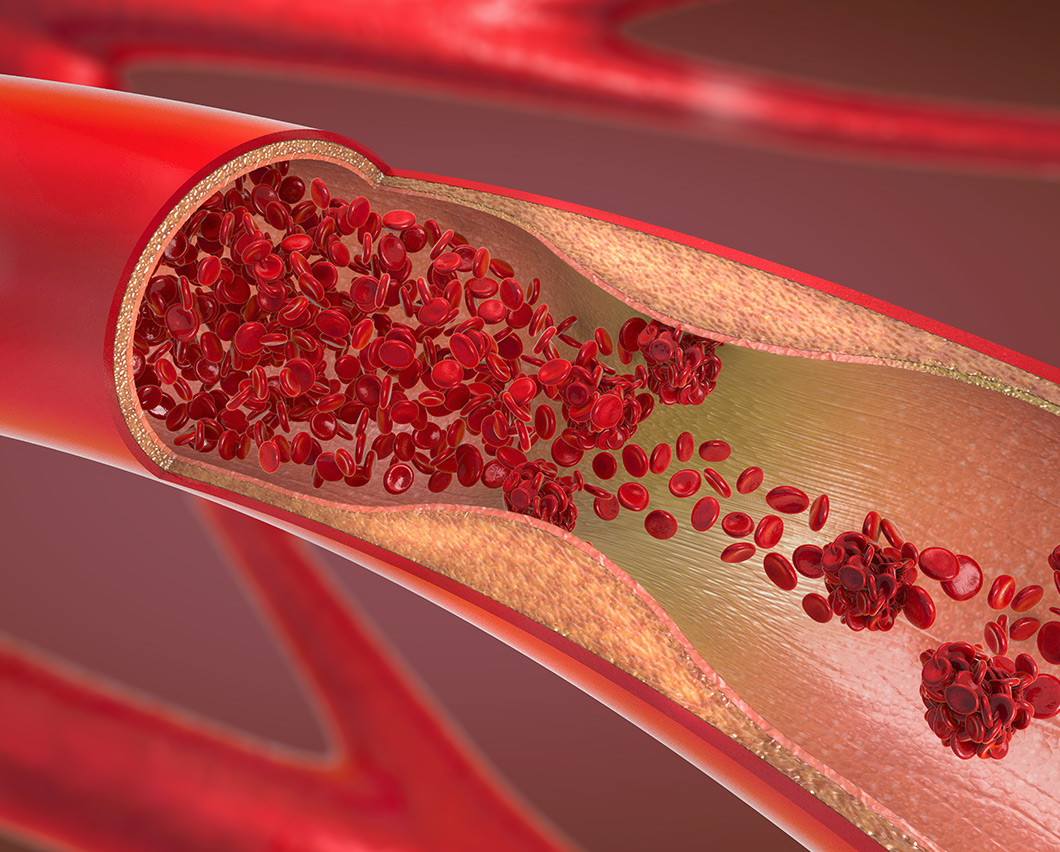Simvastatin PGx

Simvastatin
Simvastatin is one of the most commonly used statins for cholesterol reduction in the world. The inadequate drug dose can lead to adverse side effects and cause muscle-related health problems, myopathy, in some patients.
The adverse drug reactions appear to be dose-dependent, especially when statins are administered at higher doses and together with certain other medications
Is one of the most commonly used statins for cholesterol reduction.
May cause muscle-related adverse effects in some patients.
Its dosage influences these adverse drug reactions.
Simvastatin Pharmacogenetics
The genotype of an individual is a major determinant to drug response and dose variability.
SLCO1B1 genetic variants are associated with an increased risk of composite adverse events in patients with hypercholesterolemia when treated with statins (atorvastatin, pravastatin or simvastatin). This pharmacogenetic study defines the optimal drug dose therapy or recommends alternative statin therapy based on SLCO1B1 genotype.
Benefits of genetic testing
The pharmacogenetic test includes the study of 3 genetic variants in SLCO1B1 gene associated with myopathy risk. In patients taking statins, this information improves treatment adherence and efficacy.
By evaluating SLCO1B1 genetic variants, it is possible to:
- evaluate the patient response to simvastatin
- prescribe an adequate dose
- avoid the adverse side-effects of non-optimal simvastatin dosage
Genetic Panel
The genetic test includes the evaluation of 3 genetic variants in SLCO1B1 gene. The selected variants were approved by the FDA and also by the International Warfarin Pharmacogenomics Consortium to guide therapy.
-
The SLCO1B1 gene encodes the SLCO1B1 protein, a liver-specific transporter that mediates the transport of statins such as simvastatin or atorvastatin, and other exogenous and/or endogenous substances into hepatocytes.
Practice-based data suggests the association between rs4149056 and muscle toxicity is stronger for simvastatin than for other drugs within the class.
International Guidelines AND DRUG LABEL ANNOTATIONS
Genetic testing is recommended by several renowned international organizations, such as the Food and Drug Administration (FDA) and the Clinical Pharmacogenetics Implementation Consortium (CPIC)
In order to reduce the risk of muscle injury, the FDA recommends against 80 mg daily simvastatin dosage in new patients and also in those already taking lower doses of the drug. According to the FDA, the risk of myopathy is higher during the first year of treatment, and approximately 60% of the cases are associated with SLCO1B1 genetic variants. These are strongly associated with an increased risk of statin-induced myopathy. Genotyping these variants may help to achieve the benefits of statin therapy more safely and effectively.
The Clinical Pharmacogenetics Implementation Consortium (CPIC) that develops peer-reviewed gene-drug guidelines based on new developments in the field, has established several recommendations on simvastatin dosage based on SLCO1B1 genotype.
Scientific Studies
[2] Carr et al., Clinical Pharmacology and Therapeutics 94, 695–701 (2013)
[3] Ramsey et al., Clinical Pharmacology and Therapeutics 96, 423–428 (2014)
[4] Voora et al., Journal of the American College of Cardiology 54, 1609–1616 (2009)